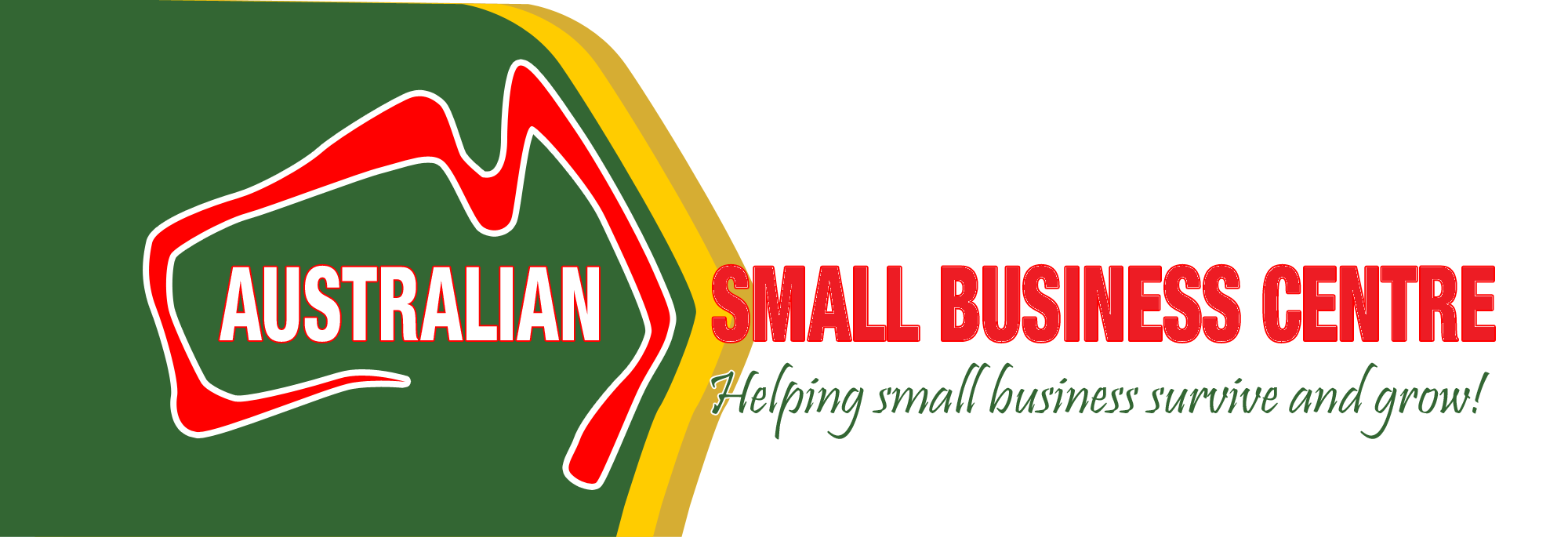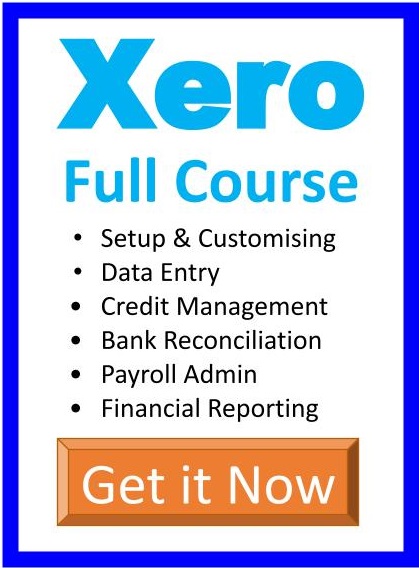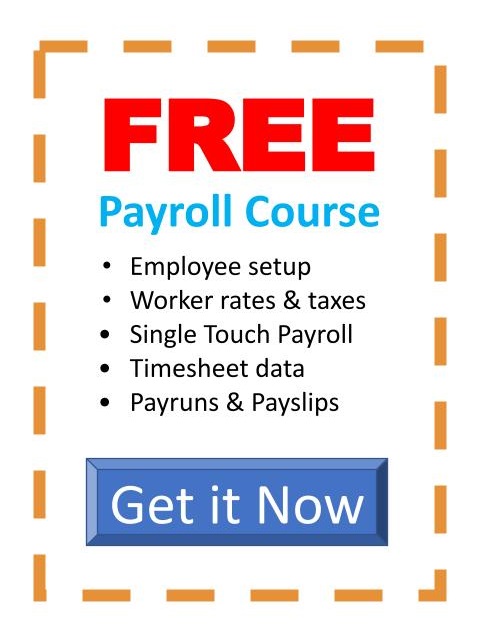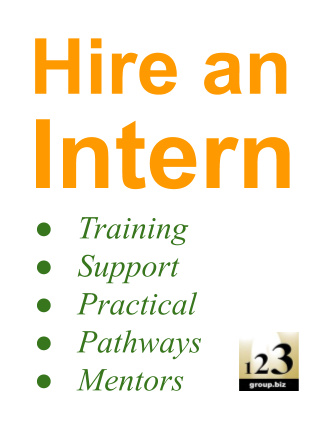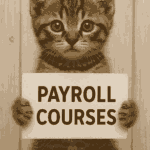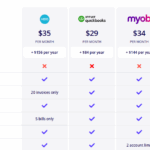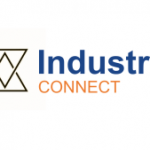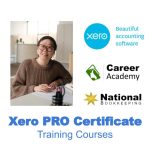The learning system in developed countries is pretty clearly defined. When you are young you learn to behave well socially and get along with your peers while also learning some basic life knowledge like spelling, mathematics, creativity and the world around you. As you get older you learn specialist skills and how to apply what you learn to the real world.
High schools prepare you for autonomous learning where you take your timetable into your own hands and use initiative to manage your study workload with your timetable – you’re learning to be a responsible adult.
It’s not just mathematics
When you first start learning mathematics you master the basics and once you do that the goal of mathematics is to solve real world problems. Even as a young adult you need to learn basic maths so you can go and buy something from the shops and know how much change you expect to get back – in the cash economy anyway.
Once you master the basics maths is used to solve lots of problems and understand how things work in engineering, economics, finance, accounting etc.
Is it academic or is it practical?
A common problem that many university graduates have is that all of their knowledge is academic. They know how things work and how to do things but they don’t have any practical experience. They’ve demonstrated that they can put in the effort to study complicated topics, try to understand what they mean and then answer hard questions about them but they don’t have any experience.
Some employers dislike working with graduates (university or vocational) because some new employees think they know it all because they have studied it and passed. These business owners however are doing this work day in day and they realise that there is nothing sexy about the work but that it just needs to be done, accurately and diligently.
Academic connection with the real world
Every student looking for well paid work sees some job requirements that make them anxious “must have 2 years experience”. This is where the career academy comes into the education mix – as a way to connect academic learning with practical experience.
The practical experience given to students who have joined the career academy provides them with a better understanding of how the information they have learnt is applied practically – applied education!
The practical exercises in the career academy programs are designed to highlight and reinforce the common and important tasks and processes that an employee goes through in their work while also understanding the practical, commercial circumstances under which they occur.
Customer service and finances
Customer service, sales and time billing are not functional aspects of performing study tasks but they are critical in the commercial client relationship. A code of conduct and customer service levels are critical for the success of a commercial enterprise and these aspects of working are demonstrated in the career academy curriculum.
